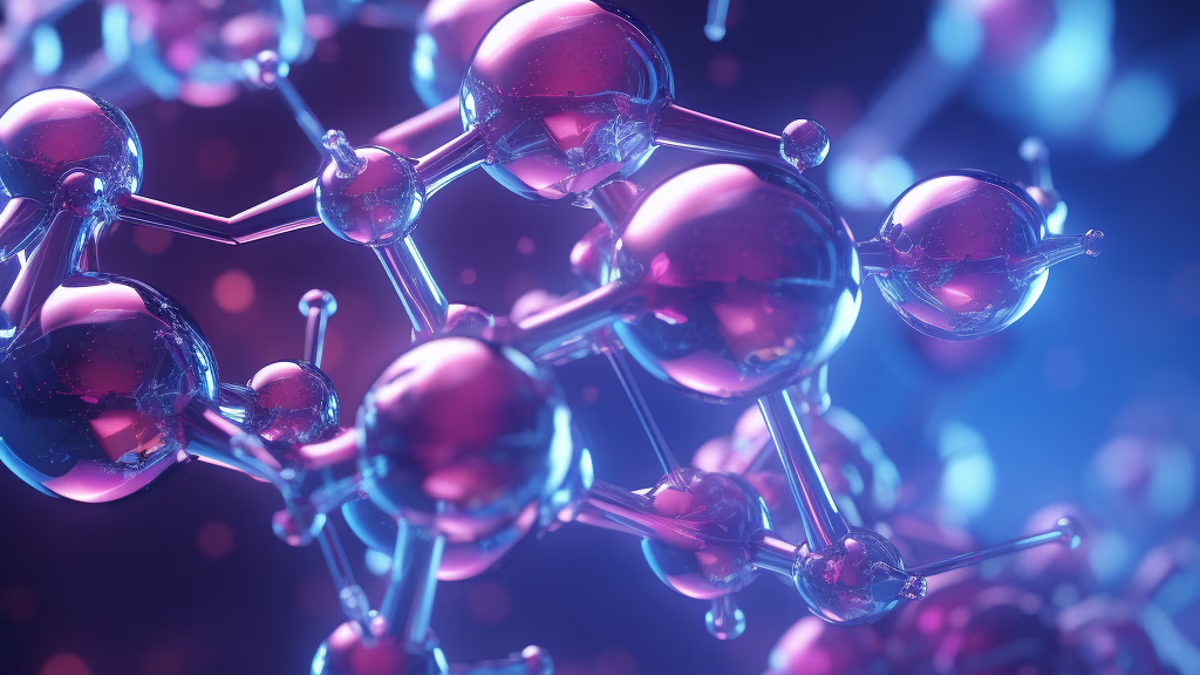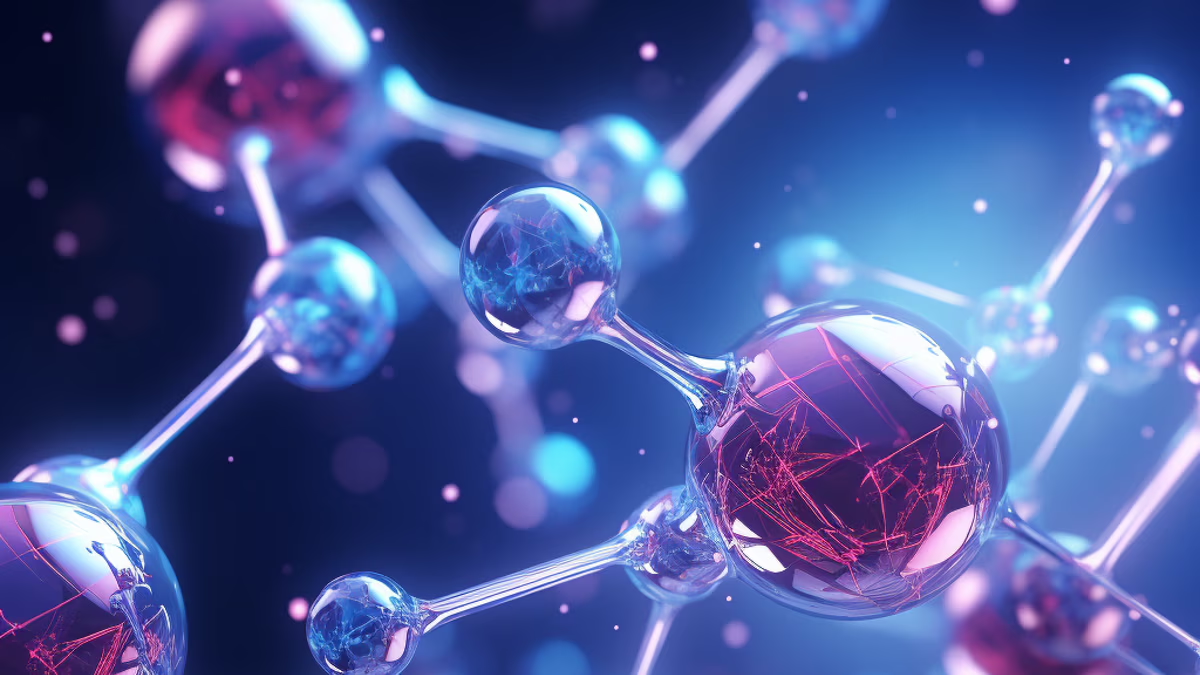For our colleagues
Peptides are the informational alphabet of life. The existence of all living organisms is made possible by the interaction of peptides and deoxyribonucleic acid (DNA) - the primary functional molecules in nature that carry hereditary information and determine all cellular functions.
Peptides regulate gene expression in all types of living organisms on Earth, including bacteria, plants, insects, amphibians, birds, rodents, and humans. Molecular docking methods have revealed that short peptides, consisting of 2-4 amino acids, are capable of binding to all spatial structures of the DNA double helix at every possible site. Their influence leads to the activation of heterochromatin in cell nuclei, the increase of telomerase activity and the elongation of telomeres in fibroblasts, the induction of differentiation in pluripotent cells, and the reduction of chromosomal aberrations.
Molecular, genetic, clinical, and experimental research unequivocally demonstrates the high activity of short peptides, their ability to affect gene expression, and enhance protein synthesis in all living organisms. Peptides contribute to the functioning of organisms up to the highest species limit. They are the primary informational molecules.

Introduction The liver is the primary organ that coordinates the metabolic flexibility of the entire body, which is characterized by the ability to dynamically adapt in response to fluctuations in...

Introduction Aging naturally leads to a gradual deterioration of the functional capabilities of all systems and, ultimately, to death. This process is closely associated with increased metabolic and oxidative stress,...

In recent years, the scientific community has increasingly recognized the importance of gut microbiota for overall human health. The gut microbiota influences a multitude of physiological processes, including metabolism,...

Introduction Modern medicine places great emphasis on the quality of life. Men experiencing hormonal changes have a particularly reduced quality of life [1]. The increased life expectancy of men is...

Introduction Thyroid hormones play a crucial role as regulators of growth, myelination of the nervous system, metabolism, and organ functions. Disorders affecting the thyroid gland are among the most common...